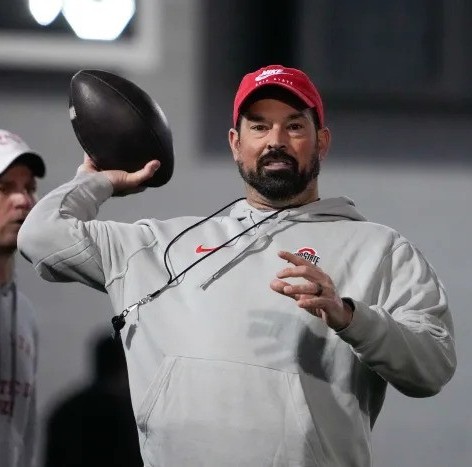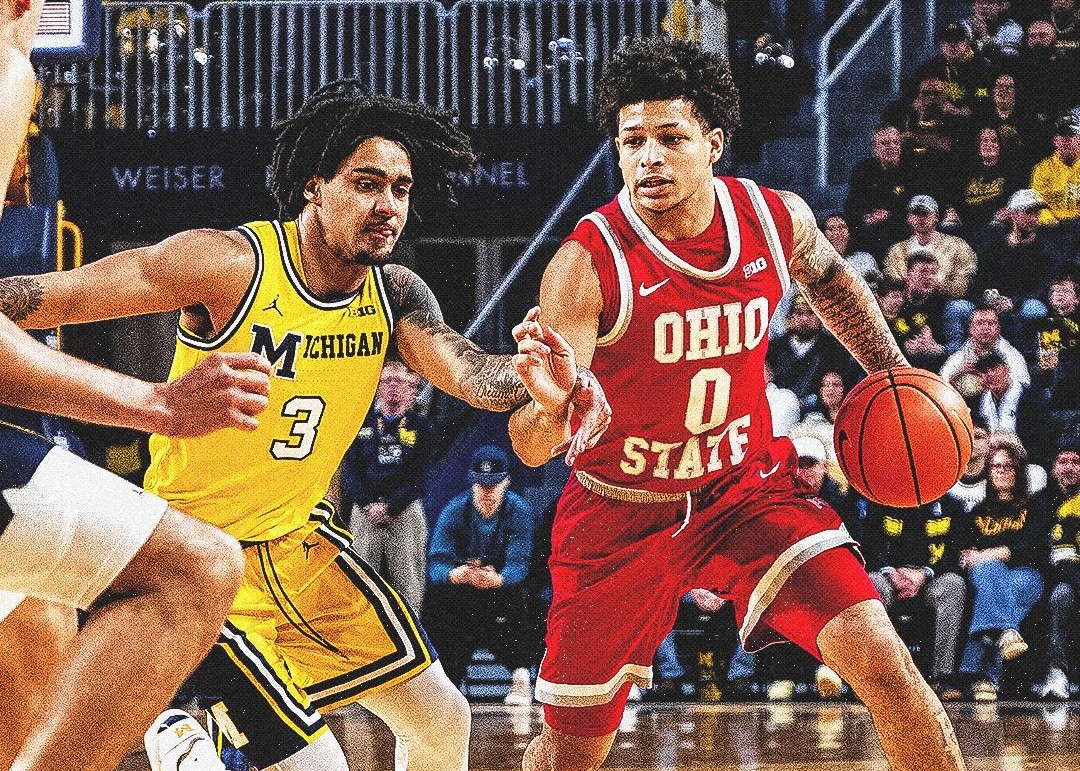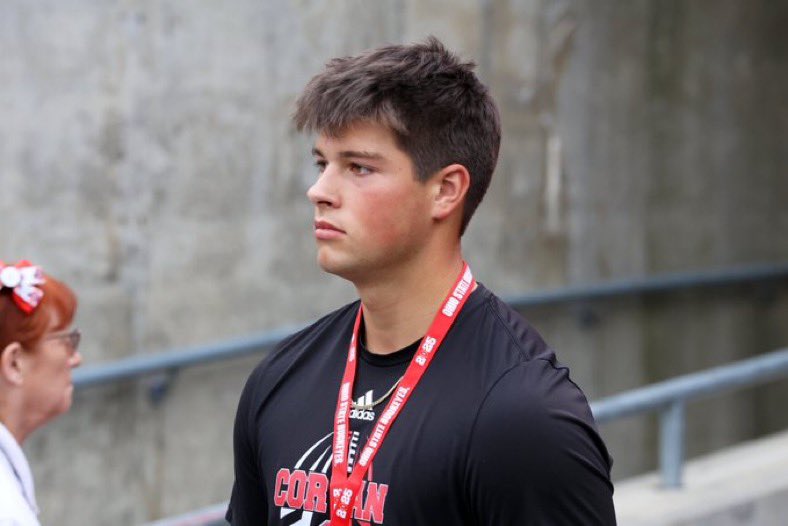
Ryan Day’s tenure as Ohio State’s head football coach has sparked plenty of debate, but none more persistent than the question of whether being “an Ohio guy” is essential to winning in Columbus. For decades, the narrative around Ohio State was that its most successful coaches—those who won national championships—shared deep Buckeye roots. From Woody Hayes to Jim Tressel to Urban Meyer, Ohio State’s legacy has been tightly intertwined with its own soil. Ryan Day, however, is the first head coach to win a national title at Ohio State without being born in Ohio or having previously played for the Buckeyes. So, has he rewritten the rulebook?
The panel on The OHIO Podcast weighed in, starting with Dr. Cory, who was quick to dismiss the notion that Day’s origins matter. He argued the trend of Ohio-born coaches being successful is more a product of Ohio’s deep talent pool and coaching pedigree than a prerequisite for success. He pointed to a laundry list of elite football minds with Ohio roots—from Don Shula to John Gruden—suggesting the state simply produces great coaches. The narrative that a coach must be from Ohio to thrive, Corey said, never held much water for him.
Clint took the baton and acknowledged that Day has indeed altered the perception, especially following this past season’s playoff success. While critics have pointed to Day’s losses to Michigan as proof he lacks the emotional tie to the rivalry, Clint argued otherwise. He cited behind-the-scenes insights from respected insiders who noted Day’s intensity and competitiveness rival even that of Urban Meyer. What’s more, Clint reminded listeners that Day has been close to another national title—if not for some controversial officiating decisions, Ohio State might’ve played for two more championships under his leadership.
Chris, however, took a more nuanced view. While he acknowledged Day’s accomplishments, he stopped short of calling the narrative fully changed. Instead, he believes it has shifted. Day has certainly earned respect and moved the needle, but much of the new reality is also a product of the evolving landscape of college football. The expanded 12-team playoff gave Day and the Buckeyes another shot at glory that wouldn’t have existed in previous eras. Without it, Day’s record might be viewed much differently—his win-loss mark against top-five teams and particularly Michigan would loom larger without that redemption arc.

The conversation naturally circled back to The Game. There was agreement across the board that despite the playoff expansion and national titles, losing repeatedly to Michigan weighs heavily. Day is now 1-4 against Ohio State’s fiercest rival. For many fans, that stat is hard to ignore. As Chris bluntly put it, Day can be successful, but until he has a winning record against the Wolverines, he won’t be considered elite by old-school standards.
Cory and Clint both made strong cases that the sport itself has moved on. Recruiting is national, not regional. Playoff access no longer hinges solely on a single November game. While the Ohio State–Michigan rivalry will never lose its regional intensity, its role in determining championships has diminished. Corey even suggested that today’s losses may be the “universe correcting itself” after the unprecedented dominance under Tressel and Meyer.

Clint emphasized that the Michigan teams Day has faced have been better and more battle-tested than those Urban Meyer routinely beat. He noted the impact of the Big Ten’s TV money, facilities upgrades, and Urban’s own recruiting legacy that raised the entire conference’s level of play. Still, excuses don’t fly with fans when it comes to The Game—especially not if another loss comes in Ann Arbor this November.
As the conversation wrapped up, the panel largely agreed on one thing: the narrative hasn’t been rewritten by Day alone—it’s been transformed by the game itself. The playoff format, the nationalization of recruiting, the Big Ten’s rising strength, and the evolution of college football’s postseason structure have all played a role. Day has successfully navigated these changes, proving he can win at the highest level. But the Ohio-born-or-bust ideology may have finally faded into irrelevance—not because it was defeated, but because the game outgrew it.











